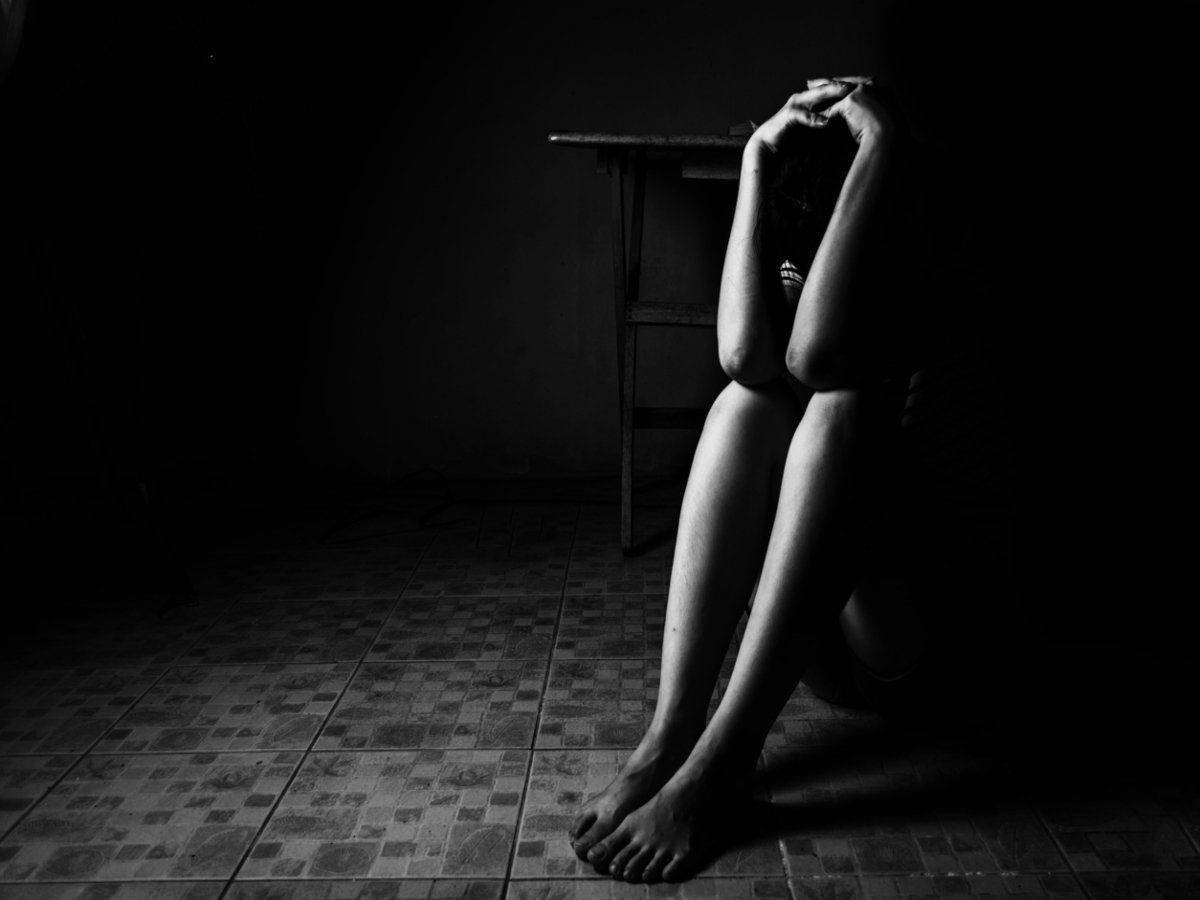Amir Ullah Khan and Netheena Mathews
India’s record by way of the treatment of women is dismal. The rapes in UP, gruesome, and frequent have highlighted the problems our women face, but sadly, no one seems to care. One out of three women and girls in India has faced physical violence over their performance in household care work. As many as two in three of them have been subjected to verbal abuse for the same reasons. One in three men has admitted to being violent towards women and girls. These were some of the issues highlighted during the launch of Oxfam India’s India Inequality Report 2020 last month.
Physical care work includes extremely taxing activities such as fetching water or firewood from afar and helping out on family farms, among others. There is emotional labour involved in maintaining family ties, care giving for the elderly and the children, and other such work. Paid and unpaid care works are set to worsen in the coming years with an ageing global population and looming climate crisis that will deepen water and resource scarcities.
The disproportionate amount of care work done by Indian women and girls not only deprives them of mental and physical health but has an impact on their education and workforce participation as well. Such work done by women does not generate an income and is, therefore, perceived as inconsequential. This eventually leads to their needs and rights being ignored. The dominant Hindutva doctrine continues to underline the thinking that women should not be allowed to decide for themselves or should become independent by way of financial decision making. Mohan Bhagwat, the RSS supremo, had stoked a controversy when he alleged that educated women are responsible for increase in divorce rates.
When the division of labour is along gendered lines in a household, male members take on the role of the breadwinners and the female members the caregiving responsibilities. This furthers gender inequality in terms of poverty of time and income and has an impact on the overall labour market as well. Though physical care work is delegated to paid domestic workers in urban and middle-class households, the bulk of accountability for this work still lies with the women. Moreover, harassment and violence against women in paid work are rampant, both at work as well as during work travel.
Women in India have to take on the burden of excessive care work. While this affects them physically, mentally and financially, men and boys get shaped in detrimental ways as well. For instance, due to the disproportionate amount of care work on women in child-rearing, fathers miss out on time with their children as they grow up, which ultimately affects the father-child relationship in the long run.
Indian women’s contribution to the GDP is one of the lowest globally at 17%. This figure is 41% of China and much of East Europe and Central Asia. While the world average is 37%, sub-Saharan Africa has recorded 39%. NSSO’s Time Use in India Report for 2019 says women perform ten times more care work than men. Women spent 238 minutes or approximately four hours more on unpaid work each day when compared to 25 minutes spent by their male counterparts in total. Indian women and girls together clock in about 3.26 billion hours of unpaid care work every day. This translates to contributions worth ₹19 lakh crore (trillion) a year to the Indian economy. However, such work is currently not accounted for.
Gender inequality would have worsened during the Covid-19 pandemic. Violence against women and children recorded a sharp rise in India during the pandemic. For instance, India’s National Commission for Women received 291 complaints of domestic violence from between March 23 and 31, when the lockdown first came into effect. In comparison, there were 302 complaints in all of February and 270 in January. As many as 92,000 calls were recorded on the Childline India and the women’s helpline numbers within 11 days of the lockdown.
What is worrying is that a significant majority of the female population in the country thinks physical violence against them is justified for a host of reasons. While 26% girls and women feel a husband is justified in being physically violent with his wife for going out without his permission, 19% feel it is justifiable if a wife is unable to cook well. About 33% of them agree such behaviour is acceptable if a wife neglects her house or children, and 37% think domestic violence is called for if she disrespects her in-laws.
What can we do to address this? Formal education cannot be looked upon as a sure-shot solution for perception changes around gender. Such changes are sustainable only when they occur naturally and not when people are instructed to behave differently. Collective action is the need of the hour. The government must recognise all women as workers and include care work done by them in the national accounting mechanisms, the Oxfam report recommends. We must also go beyond calculating women’s work in terms of the value added to the GDP and put in place a policy or framework for this. Public amenities such as water, LPG, gas stoves and toilets, and services such as safe transport for women must be ensured. Continued public campaigns must take place to induce positive behavioural change and promote progressive models of masculinity and femininity.
Amir Ullah Khan and Netheena Mathews are researchers at Centre for Development Policy and Practice (CDPP).

